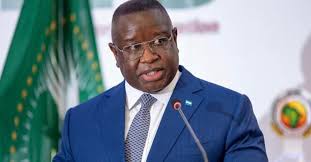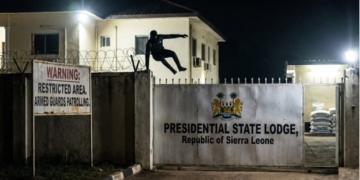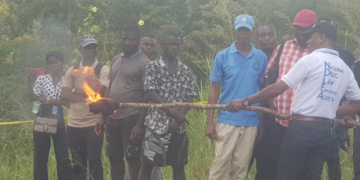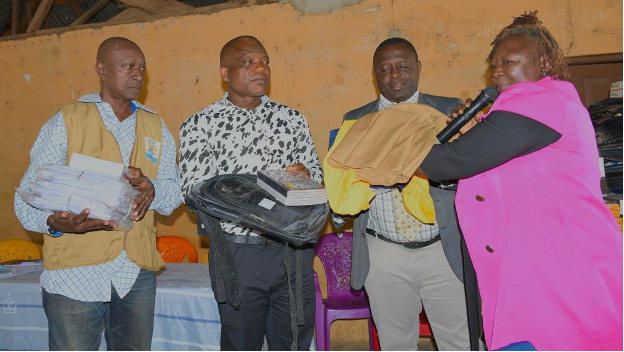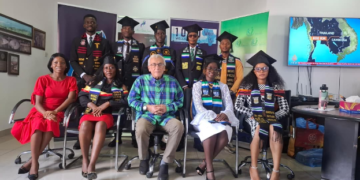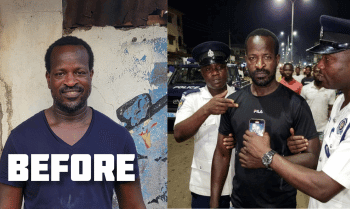By John Baimba Sesay
This week, Freetown is a hub of activity for an important cause. Under the leadership of its mayor, the city is convening climate advocates and regional mayors to deep-dive on the growing impact of climate change and urban heat.
Let’s start with some facts: Climate change is a real and urgent global threat, driven largely by human activities such as deforestation and industrial emissions. Its devastating effects, including rising global temperatures, extreme weather events, sea level rise, and ecosystem disruptions, are already being felt worldwide.
Among these risks, extreme heat is one of the deadliest. Currently, about one-third of the world experiences potentially fatal heat extremes for over 20 days each year. Urban areas are particularly vulnerable due to their design and infrastructure, which trap heat and exacerbate its effects. Beyond direct health risks, extreme heat worsens underlying illnesses and disrupts daily life, making cities increasingly unlivable.
Despite these challenges, solutions exist. Transitioning to renewable energy, protecting forests, and implementing heat-resilient urban planning can help mitigate the crisis. However, urgent global cooperation, strong policies, and decisive action are needed. Cities, in particular, must prepare for rising temperatures that make outdoor work dangerous, movement exhausting, and indoor conditions unbearable without adequate cooling.
Recognizing the urgency of this issue, Freetown is taking action. On February 6, Mayor Yvonne Aki-Sawyerr (FCC) and Climate Resilience for All (CRA) will co-host the African Urban Heat Summit. The event will bring together African mayors from Kanifing, Monrovia, Conakry, Accra, Ouagadougou, and Abidjan, as well as local council leaders from across Sierra Leone, multilateral organizations, and key stakeholders. The goal is to discuss solutions to the escalating threat of extreme heat and its impact on urban areas.
As part of its commitment to tackling the climate crisis, Freetown, under the leadership of its mayor, continues to implement mitigation and adaptation measures, with a focus on urban energy, mobility, sanitation, disaster risk management, water, and urban planning. The urban heat summit, therefore, is part of Mayor Aki-Sawyerr’s roadmap for a resilient Freetown and aligns with the city’s Transform Freetown—Transforming Lives development agenda, with a focus on its climate cluster.
As extreme heat continues to intensify, cities must take proactive steps to adapt. The summit is a critical step toward building urban heat resilience and protecting communities from the worsening impacts of climate change. As we welcome regional mayors and climate advocates from around the world, I wish to extend my best wishes for a successful and impactful summit.


